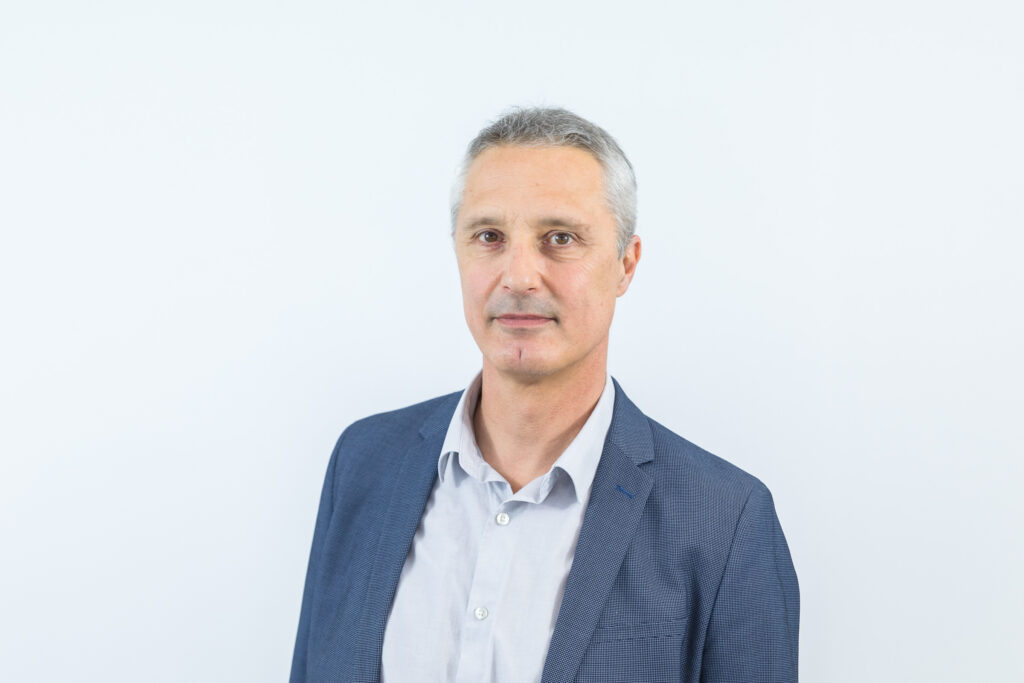“The IRT renewed its convention with French public authorities” Hughes Metras, Director of Nanoelec, explains in the 2022 edition of our Technical & Scientific Highlights report.
2020 and 2021 revealed the importance of electronics in the development of society. This was confirmed with a number of announcements concerning significant developments of industrial capacity, in particular in the Grenoble area, on the STMicroelectronics, Soitec and Aledia sites.
In a context that was already tense owing to the Covid epidemic and now made worse by the geopolitical crisis at the gates of Europe, there is no doubt that competitiveness and sovereignty issues will be priorities. By virtue of its mission, the Nanoelec institute will continue to contribute to the dynamism of the electronics sector in France and Europe.
In 2021, Nanoelec, launched the first phase of projects implementing the roadmaps set out for the period running from January 2021 to June 2025. This launch was accompanied by the extension of the contractual framework. The amendment to the consortium agreement was signed in the summer and all the amendments to the specific agreements were signed before the end of the year. As a result, IRT Nanoelec benefits from a steady contractual framework for the coming years. The programs are led by a dedicated team of program directors, who immediately grasped the challenges for the consortium and built a multi-partner dynamic framework within each program.
“The Electronics sector provides the essential industrial base for the design and production of increasingly smart and connected objects in the world around us. The semiconductor industry thus lies at the heart of the national industrial ecosystem and is a powerful force for the development of sectors through innovation and competitiveness.” Strategic contract of the French Electronics sector 2018-2022.
Two new partners joined the IRT in 2021: Diabeloop – a start-up specializing in out-patient treatment of diabetes – participates to the Pulse program to work on security for artificial intelligence, a technology at the heart of the system it is developing, while Iroc Technologies – a company specializing in electronic circuit testing – joined the Characterization program.
In response to the Government’s recommendations, we are carrying out four initiatives in line with the UN’s sustainable development goals: we evaluated eco-innovation diagnostic methods to bring guidance to SMEs for the Easytech projects; in partnership with Aledia, we initiated the development of an eco-design tool dedicated to R&D for the Displed program; within the CHIF program, with the support of STMicroelecronics, we amplified our involvement in designing educational modules addressing environmental and societal challenges in the electronics industry. We also activated the Nanoelec ecosystem, to raise awareness of professional parity and equality issues.
Finally, the impact of Easytech projects was assessed thanks to the participation of 60 companies that have been supported by Nanoelec over the past 10 years.





